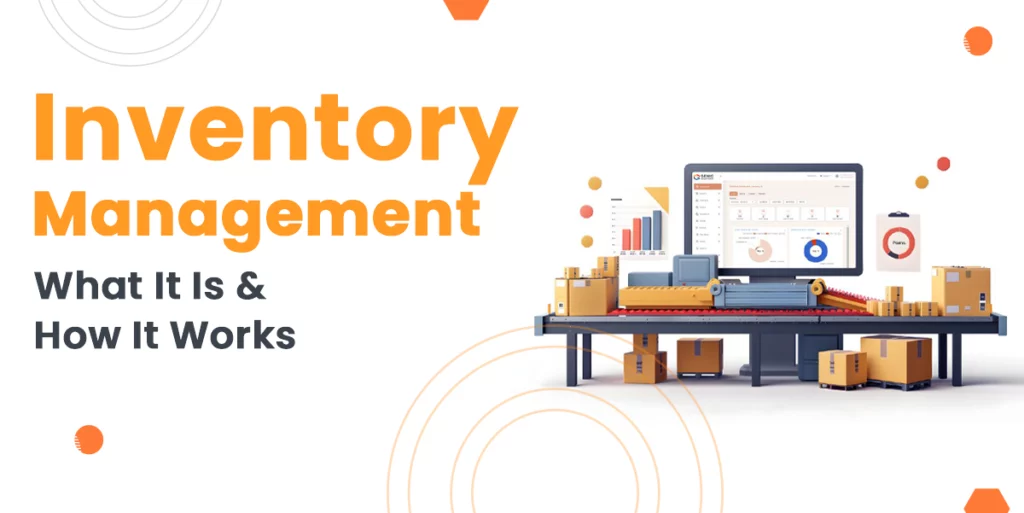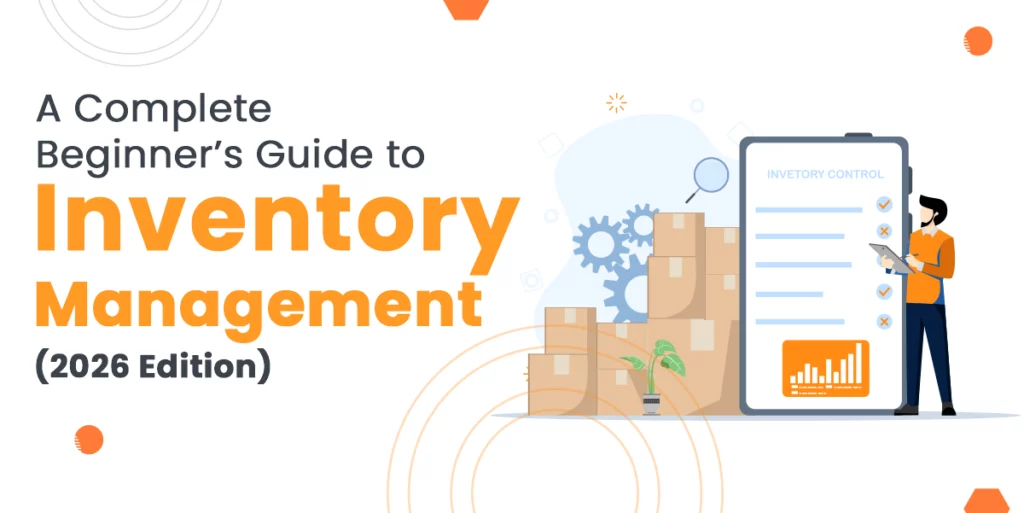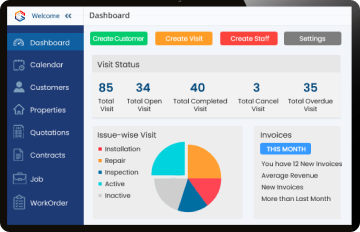Custom software development shapes software to fit the unique needs of a business. Unlike pre-packaged solutions, it molds itself to your operations. This flexibility delivers several perks, though it also brings a set of hurdles.
This blog examines both the advantages and disadvantages of custom software development to guide you in deciding what’s best for your business.
What Is Custom Software Development?
Custom software development creates software tailored to a specific organization’s needs. It isn’t a generic product designed for mass use. Instead, it’s built to resolve particular challenges or enhance certain workflows unique to a business.
Pros of Custom Software Development
1. Tailored to Specific Needs
Custom software aligns with your business, fitting your specific requirements. This direct connection is a significant advantage of custom software. No unwanted features clog your system. Pre-built software might have a wide variety of tools, but it often lacks the exact functions your business requires. Custom-built solutions ensure your demands are met without any unnecessary components.
2. Scalability
As your business expands, so does the need for more advanced software. Custom solutions can stretch to accommodate this growth. New features and capabilities can be added as needed. This adaptability often proves more difficult with pre-built software, where adding new features may require entirely new products. Custom software, however, grows with you, saving you from starting over.
3. Competitive Advantage
Custom software carves out an edge in the market. Since it’s crafted specifically for you, it hones your operations, giving you capabilities others may lack. This is especially useful in fast-paced industries where efficiency drives success. Tailored software fine-tunes your processes, boosting both performance and customer satisfaction.
4. Better Integration
Many businesses rely on several different tools for their operations. Custom software weaves these tools together, making them easier to use. This reduces manual input and lowers the chances of errors. Pre-built solutions may not always mesh well with your existing systems, forcing you to juggle multiple platforms. Custom software connects everything, making your workflow smoother.
5. Long-Term Cost Efficiency
Though custom software requires a hefty investment upfront, it can save money in the long run. Off-the-shelf software usually comes with ongoing fees for licences, upgrades, and extra features. With custom software, you control updates and own the product. Over time, this control can lead to significant savings.
Cons of Custom Software Development
1. High Initial Costs
Custom software comes with a heavy price tag at first. Development requires skilled professionals, a deep understanding of your needs, and a long production cycle. This makes it tough for small businesses or those with tight budgets. Off-the-shelf software is often cheaper to start, making it a more practical option for businesses that can’t commit to the costs of custom solutions.
2. Time-Consuming Development Process
Custom software development takes a lot of time. From planning to building to testing, the process can drag on for months. This is one of the key disadvantages of custom software. Pre-built solutions are available immediately, letting you start using them as soon as you purchase. Custom solutions demand time, patience, and a long-term focus, which may not suit businesses looking for immediate results.
3. Ongoing Maintenance
Once developed, custom software needs regular upkeep. You need to stay current with new technology and security updates. You also require dedicated support for fixing bugs and adding new features. Pre-built software often includes these services in their packages, so you don’t need to worry about them. Custom software, however, may incur additional costs for maintenance and support.
4. Risk of Dependence on Developers
When relying on custom software, your business may become tied to the developer who built it. If they go out of business or stop providing support, you could face challenges maintaining and updating the software. Pre-built software usually has a broad network of vendors, reducing the risk of being left without help.
5. Limited Testing
Since custom software is designed for just one business, it may not be tested as rigorously as mass-market software. This can result in unexpected bugs or issues that take time and resources to fix. Pre-built software is used by many businesses, allowing it to be tested and improved regularly. Custom software, while unique, may lack this broad range of testing, which can lead to unforeseen problems.
Custom Software vs. Pre-Built Software
Flexibility vs. Simplicity
Custom software offers unmatched flexibility, but pre-built software delivers simplicity. Off-the-shelf solutions are ready to use out of the box, making them easier to set up. They’re perfect for businesses that need a quick solution without worrying about customization. Custom software, on the other hand, provides deep flexibility for businesses with specialized needs.
Long-Term vs. Short-Term Costs
Off-the-shelf software is generally more affordable in the short term, but recurring fees can pile up over time. Custom software, while expensive initially, could save money down the road, especially as you avoid constant upgrades and licensing fees.
Specific vs. General Use
Custom software works well for businesses with very specific needs. Pre-built solutions, however, target a broad audience and may contain extra features you don’t need. They might also miss out on crucial functions that could improve your business operations.
Key Points to Consider Before Choosing Custom Software
1. Your Needs
Before investing in custom software, examine your business needs carefully. If your requirements are not overly complex, pre-built software may suit you just fine.
2. Budget
Consider the costs of both initial development and future maintenance. If you lack the resources for long-term upkeep, pre-built software could offer a more affordable option.
3. Future Growth
Custom software provides room for growth, but it requires careful planning. Consider your future needs and how your software will evolve as your business grows.
4. Developer Support
Ensure that you’ll have access to ongoing support for your custom software. If your developer becomes unavailable, you may face difficulties keeping the software updated or functional.
Conclusion
Custom software development presents both opportunities and challenges. It provides flexibility, scalability, and a unique edge in the market. However, it also demands significant investment, time, and ongoing maintenance. Pre-built solutions, while more affordable and readily available, may not fit your business’s specific needs. Ultimately, choosing between custom and off-the-shelf software depends on your business’s needs, budget, and long-term goals.
By considering these custom software’s advantages and disadvantages, you can make an informed decision that best supports your business’s growth and efficiency.
At Genic Solutions, we specialize in crafting tailored software solutions that align with your unique business requirements. Our expert team ensures a smooth development process, providing long-term support to help your business thrive and adapt to future growth.







